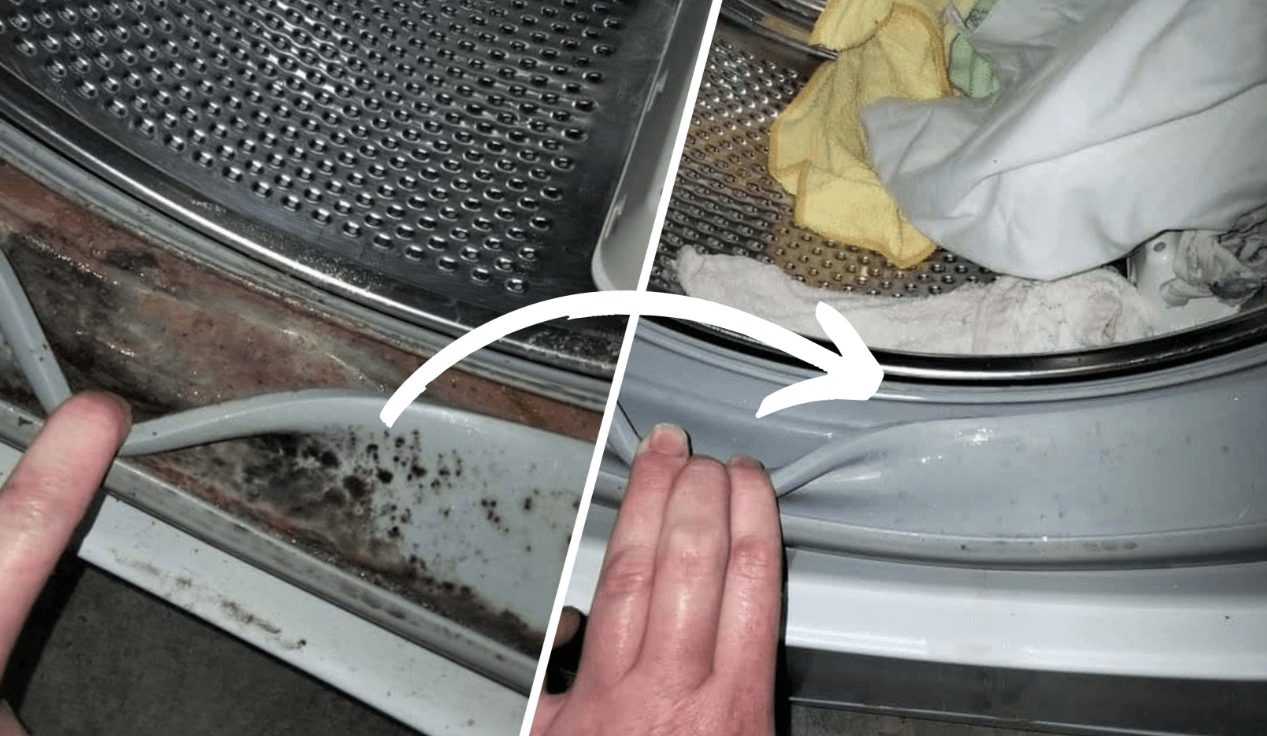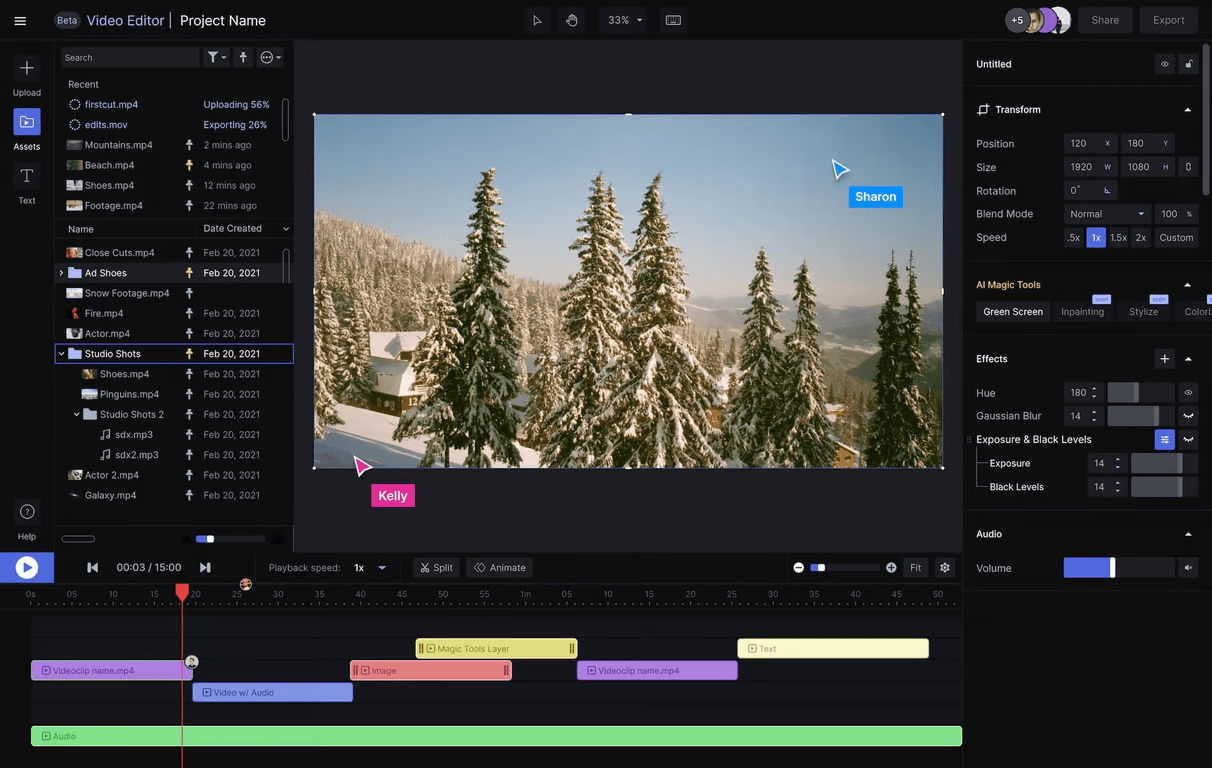Even though background checks are commonplace now, the whole idea of running one can seem intimidating if you’ve never done it before. Thankfully, it’s easy to get an online background check if you know what to do.
Is it OK to run a background check?
If you think ordering a background check sounds a little sketchy, don’t worry. That might have been true even a decade ago, but today, background checks are common and clearly covered by federal and state laws.
You should at least consider running a background check on yourself. If you know what kind of information can turn up in your background, then you know what employers or landlords will be seeing. And if something is incorrect, you can get it fixed before it becomes a problem. You might even find unclaimed money you’re due.

What about background checks on someone else?
There are plenty of legitimate reasons to check out another person. The best background checks don’t violate anyone’s privacy and are completely legal. They can give you some confidence before, for example, you invite someone into your home to watch your children.
You might use a background check to find long-lost friends or family members or get information about a company before you choose to do business with them. You can even use it find out who has been calling you.
How to run a background check
First, get the right information. Before you can run your check, you’ll need to correctly identify the person you want to run the check on. The more precise the identification is, the better. If you only have a first and last name, you may end up with confusing information that may not be about the person in question.
If you have a middle name, an address, or even a phone number, these can all help to narrow down the search and ensure you get accurate info. This is especially important if the name in question is common and shared by lots of people.
Next, choose a comprehensive search site. What you’re looking for is a site that offers comprehensive public records data aggregation. That simply means you need a site that can look through all the available public records, sift out what is and is not relevant to you, and then present you with the results.
The key is using a background check service that has access to the largest base of public records. Here are just a few public records a background check can access for you:
- Government agency records (such as the DMV)
- Political party records
- Registries of website or business ownership
- Criminal records
- Some civil court records
- Voter registration records
- Sex offender registries
- Census records
- Real estate registration and appraisals
- Bankruptcy or lien filings
What a background check will turn up
A good background check will look through federal, state, and municipal public records. It will be able to find addresses and phone numbers for you or alert you when someone has changed their name.
You can also find out if someone is married or divorced, whether they are a registered sex offender, and if there are any criminal convictions in their past. If you’re looking for yourself, you can also see if you have any unclaimed money from an insurance claim, pension fund, inheritance, or settlement that you might not have been aware of.
Many public records databases require a registration fee to access, which is why it’s best to use a background check service rather than try to find all the information on your own. Paying to access each individual database you need to check can quickly add up, and that’s not even considering the time commitment it requires.








